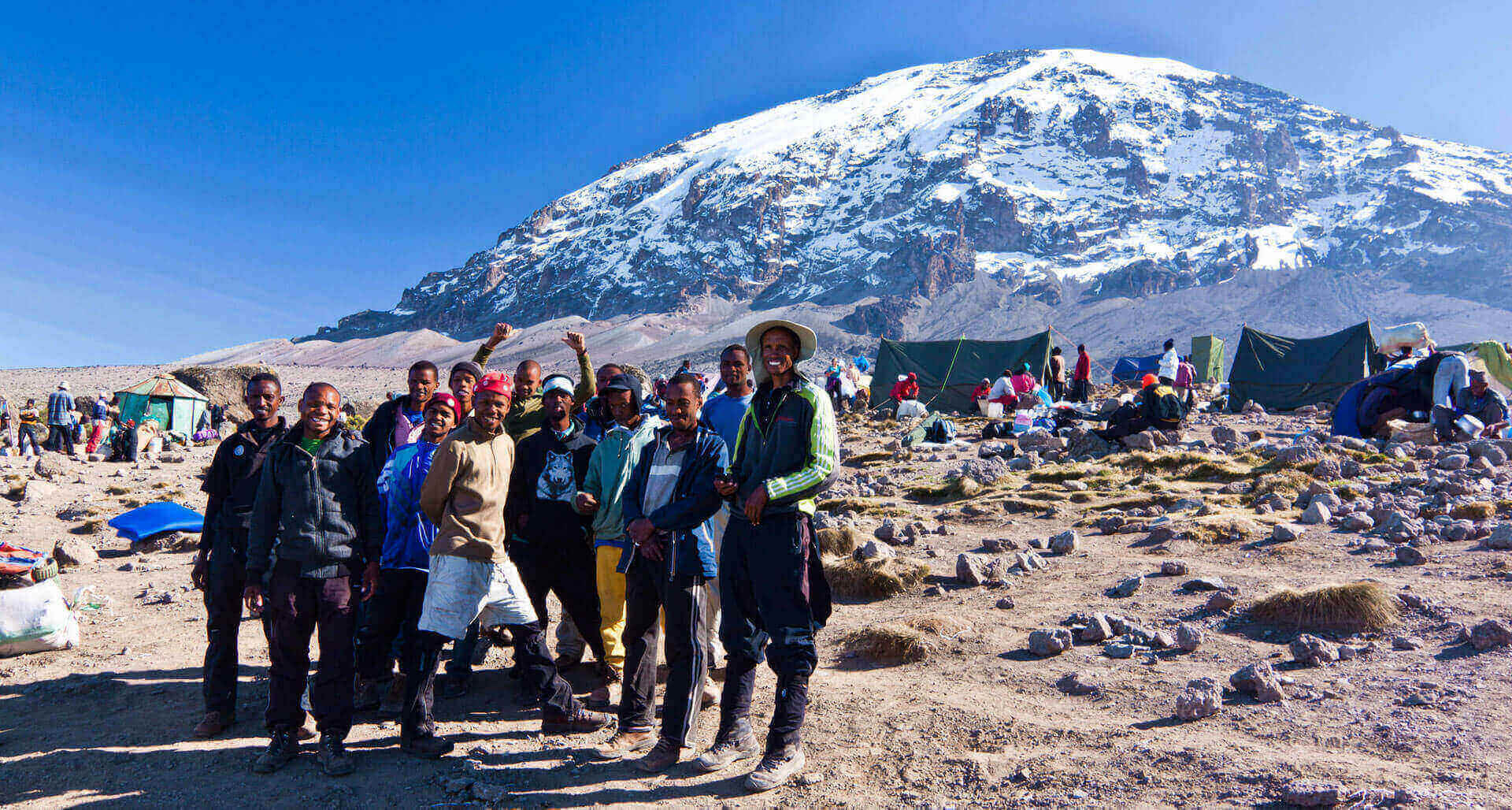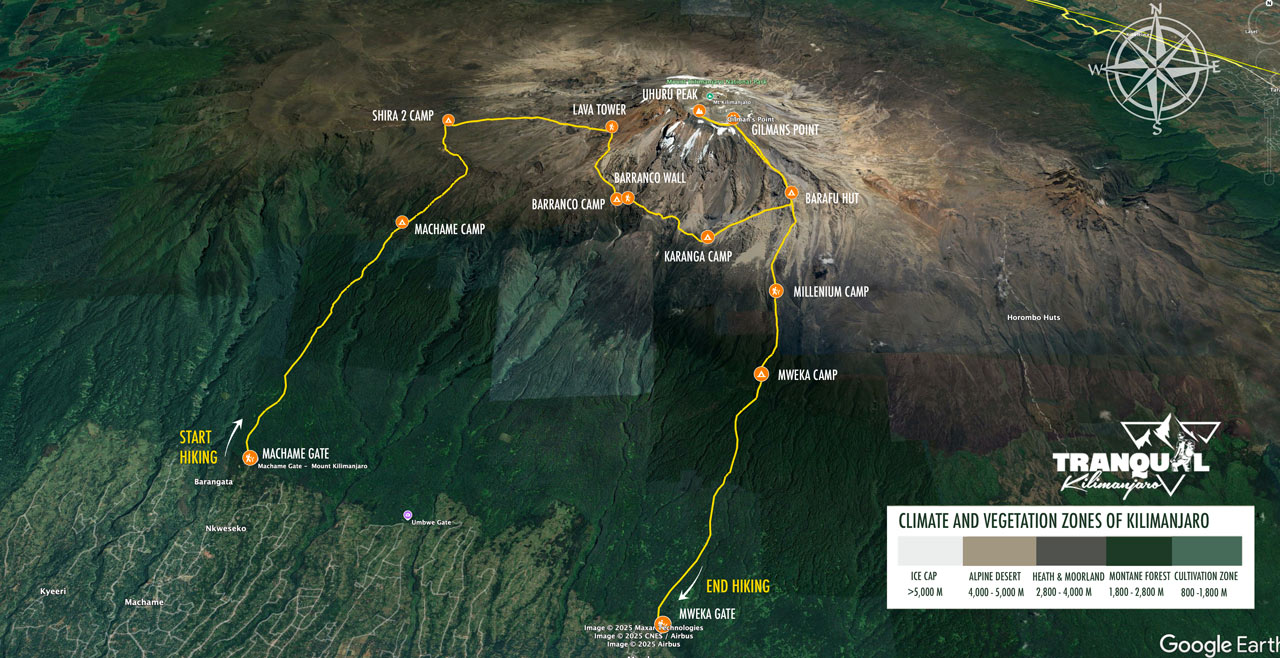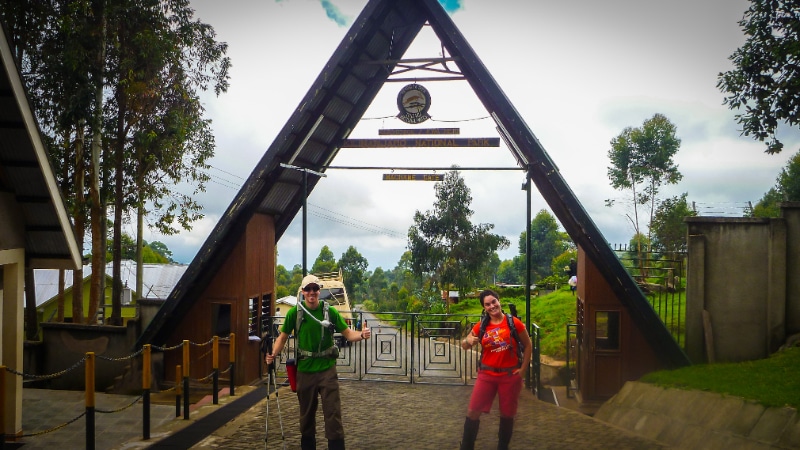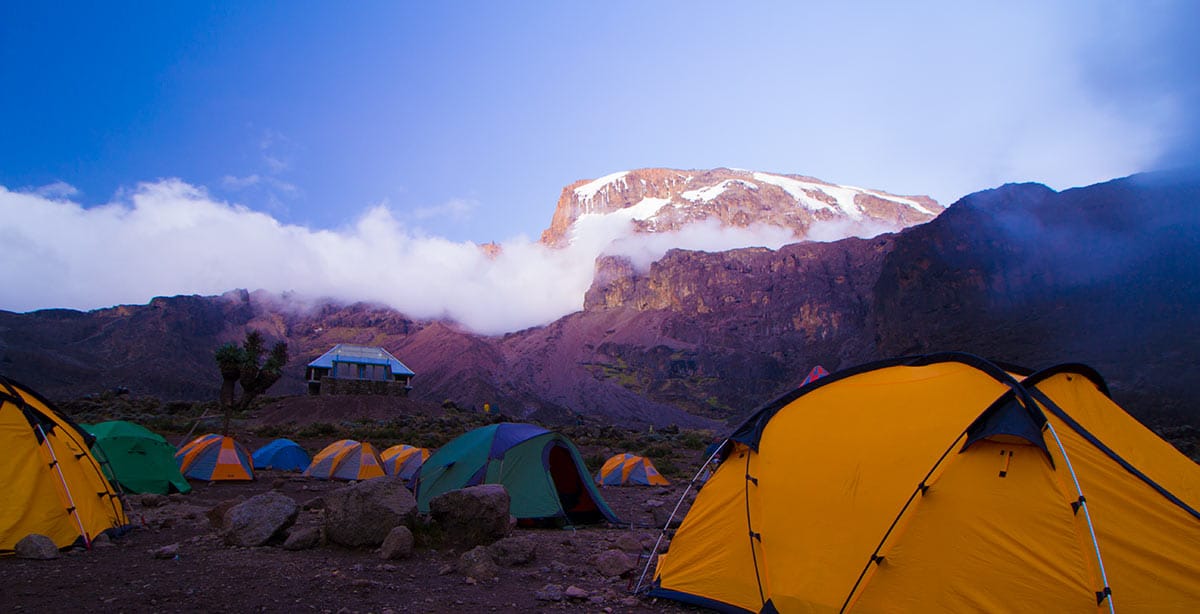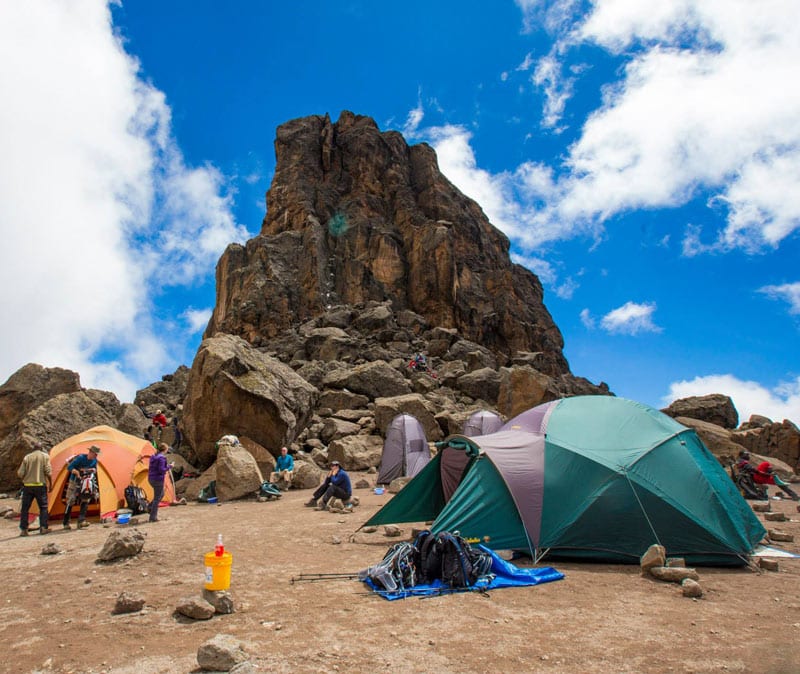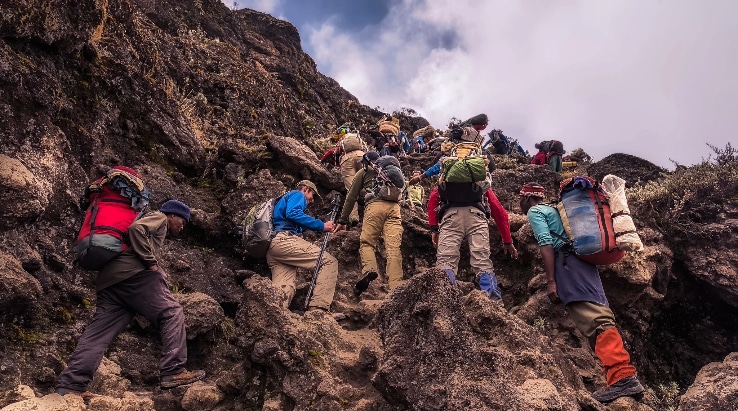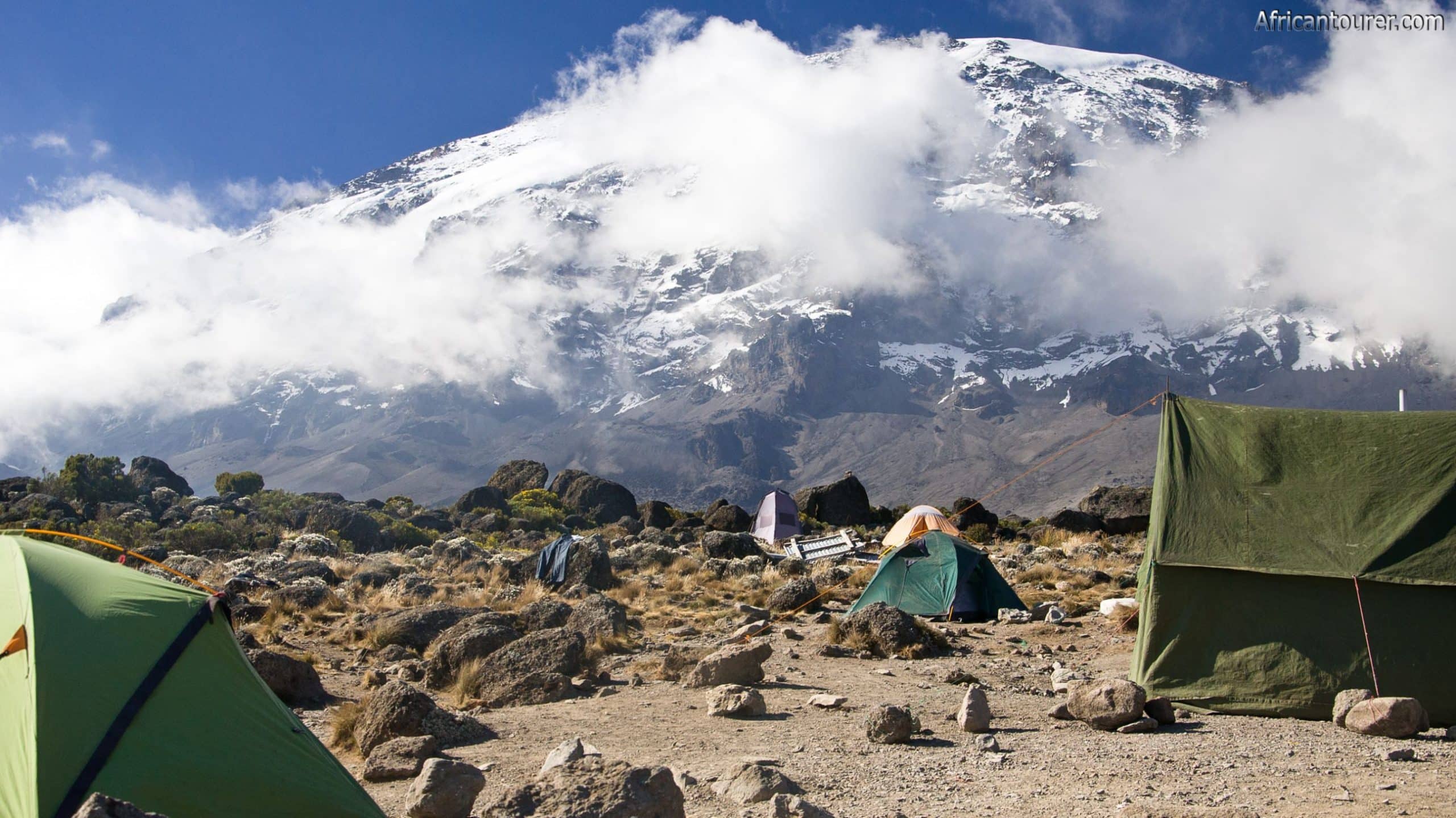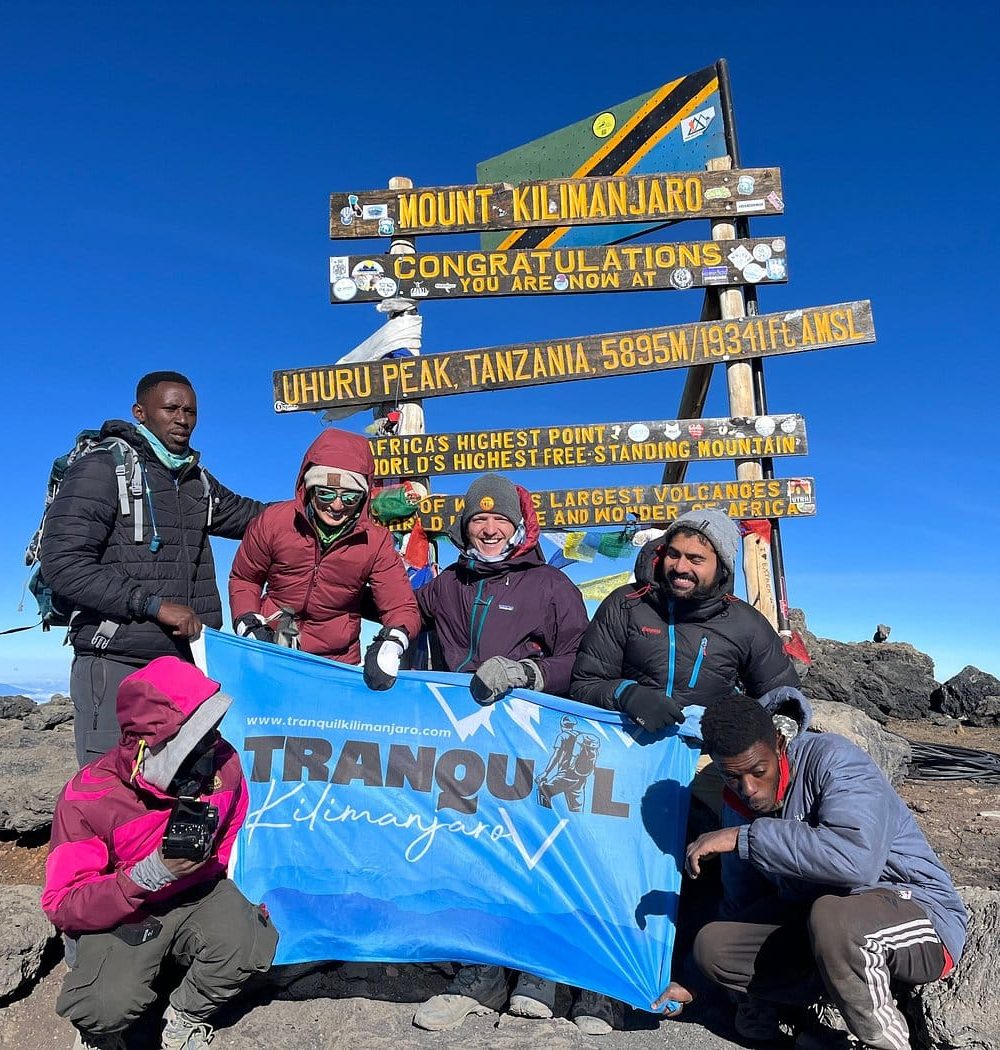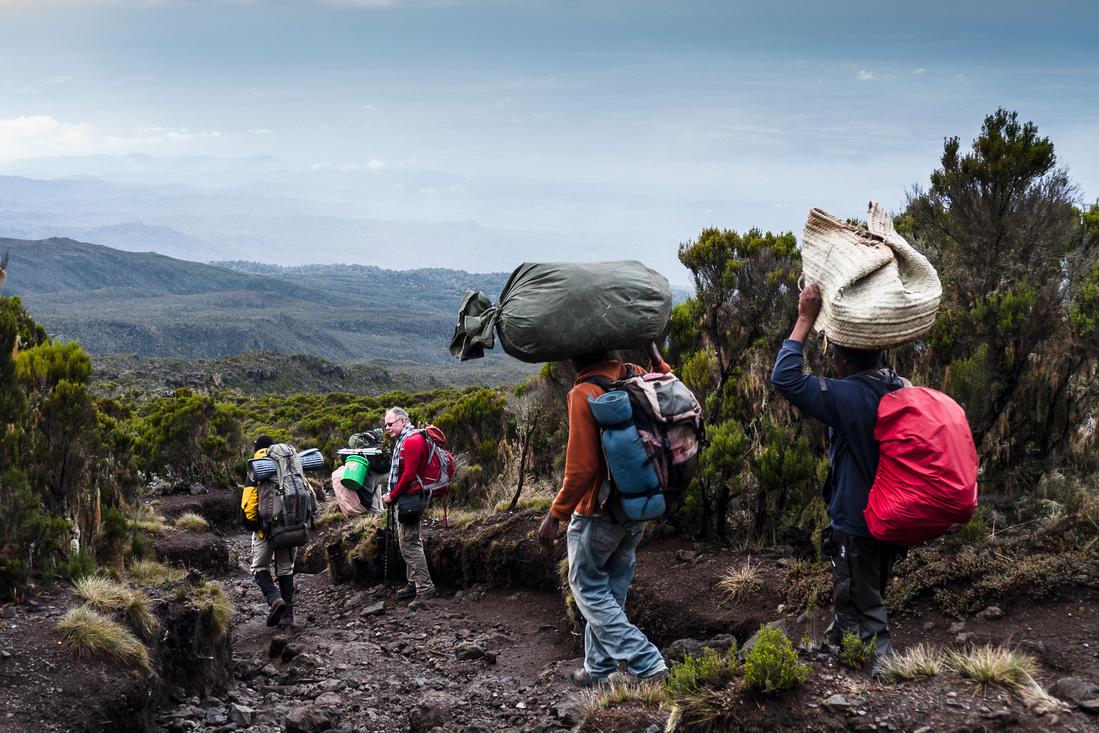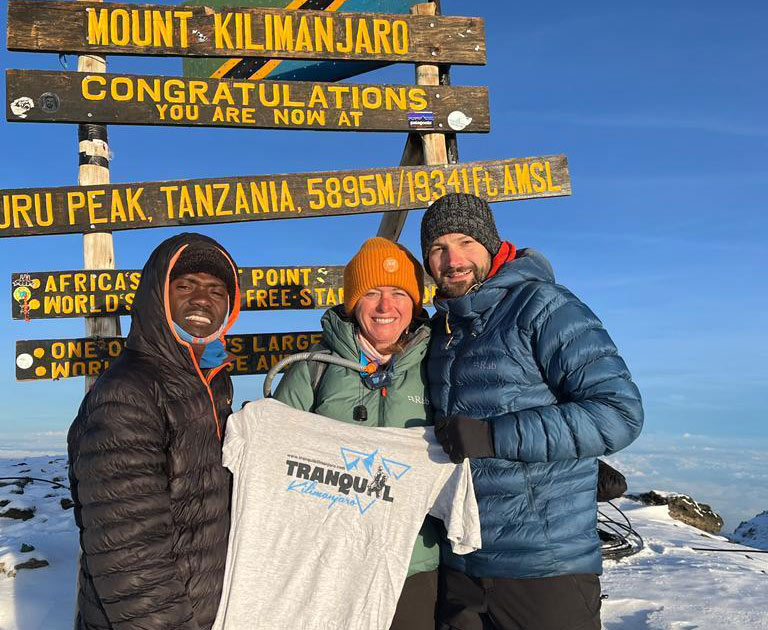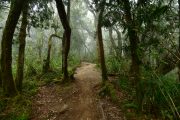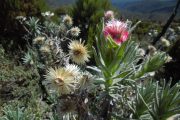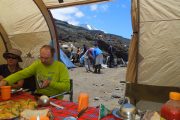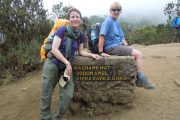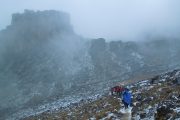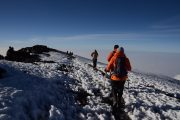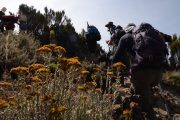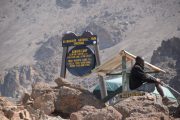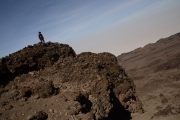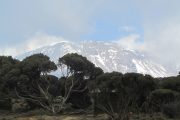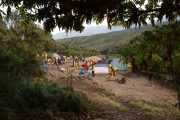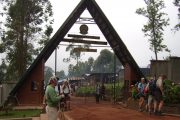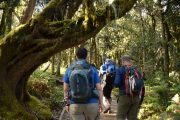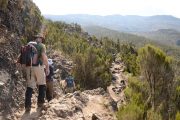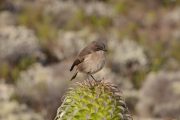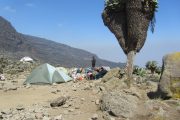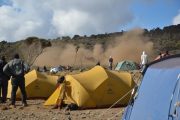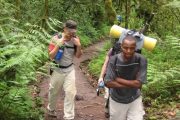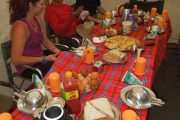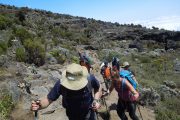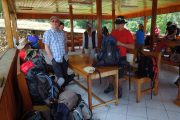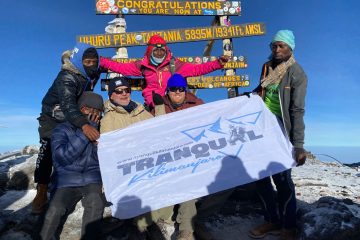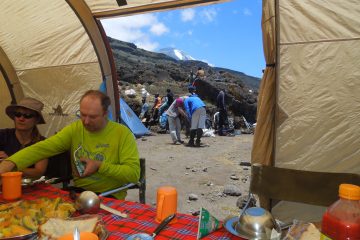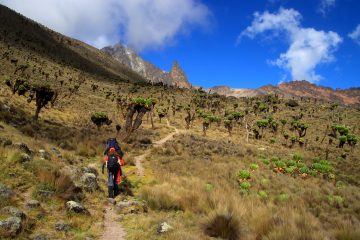Your 7 day Machame Route trek starts at the Machame Gate, but your adventure in Tanzania begins the very moment you land at the airport. We will be there to pick you up and transfer you to your hotel in Moshi, a drive that takes less than an hour, about 49 minutes in estimation. A pre-trek briefing ensues, and we will go through our packing list just to make sure you have all it takes to safely climb Mount Kilimanjaro. The next day, we will come to your hotel in the morning at around 8 am to drive you to Machame Gate located on the Southern side of the mountain. The 7 days Machame Route itinerary is specifically designed to give you enough time to acclimatize and summit safely, giving you an upper hand over the 6-day Machame Route variant. The Machame route which goes by the popular nickname, the “Whiskey” route, is probably the most popular route used to climb Mount Kilimanjaro. Machame’s advantage and strong point is the fact that the trail’s environment offers unmatched scenic beauty.
This route, however, is a big favourite for those seeking adventure as it is more challenging and steep compared to the other routes on Mount Kilimanjaro, and accommodation is in tents pitched by our able porters along the Machame Route, in designated campsites. Since the Machame Route is shorter, it is suitable for climbers who need a few days of climbing and those who do not have enough time on their hands, and the seven-day variation will give you an extra day for acclimatising to the mountain conditions. All meals and water will be provided while on the mountain as it is included in the package pricing. Please refer to the Prices & Info tab for more clarity. The best time for this hike is from December to March and from June to October. April and November are rainy months that do not offer favourable conditions for climbing Kilimanjaro along the Machame trail.
It takes around forty-five minutes to drive from Moshi to Machame Gate. Throughout the journey, you will travel past the village of Machame, which is situated on the lower slopes of the mountain.

